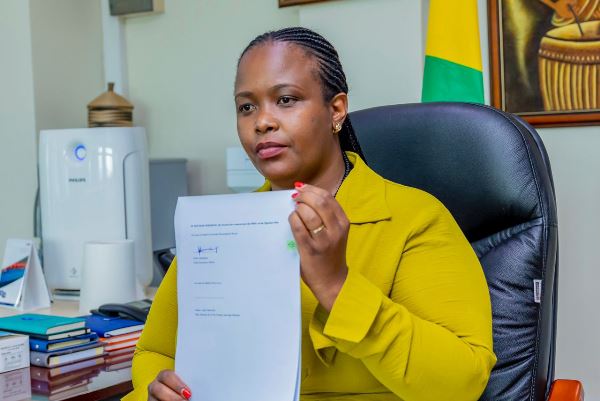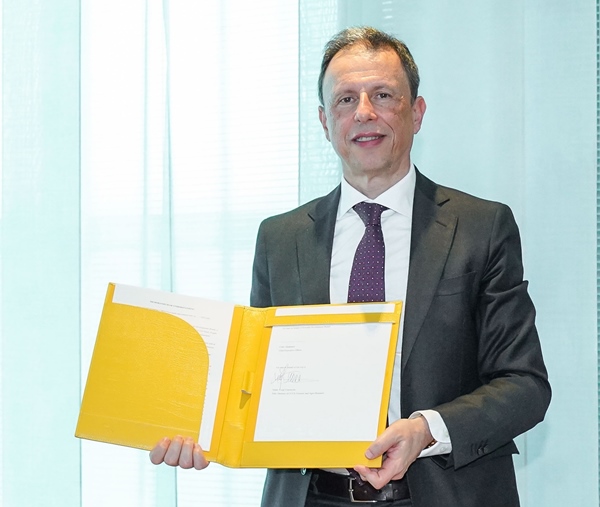
Eni and the Government of Rwanda signed a Memorandum of Understanding (MoU) to identify collaborative opportunities in circular economy, agriculture, forestry, innovation and digital information technology.
Under the terms of the MoU, the two parties will evaluate the feasibility of circular economy projects focused on collecting used cooking oil and waste oils, waste management valorisation and recycling. Other fields of interest are agriculture, especially bio-feedstock production and the transformation into decarbonised products. This is in addition to forestry, especially forest conservation and generation of carbon credits through a wide range of initiatives, such as reducing CO2 emissions from the wood-fuel value chain and other service activities.
Other sectors of cooperation under the MoU include innovation and digital information technology targeting circular economy, agriculture, forestry, off-grid energy, and other business areas, such as sustainability, health, safety, security and environment.

The MoU aligns with Rwanda’s goal to fast-track economic development by enabling private sector growth and Eni’s commitment to increasing energy efficiency in African countries, leveraging agro-industrial projects in a sustainable framework.
Commenting on the signing, RDB CEO, Clare Akamanzsi said:
“The government of Rwanda is committed to working with the private sector to ensure sustainable development, which is critical for present and future generations. The partnership with Eni boosts the achievement of this goal. We are hopeful that together we will implement tangible actions that will ensure improved quality of life for our people.”
Luigi Ciarrocchi, CCUS, Forestry and Agro-Feedstock Director at Eni said:
“Thanks to the MoU, we will develop a solid roadmap to deliver on the energy transition in areas where both Eni and Rwanda are at the forefront. The business model we are willing to implement in Rwanda focuses on long-term value creation for all stakeholders, combining economic, financial and environmental sustainability, to improve communities’ quality of life and foster the country’s development in line with the United Nations Sustainable Development Goals”.
Eni’s business model focuses on long-term value creation for all stakeholders, combining economic, financial and environmental sustainability to contribute to the United Nations Sustainable Development Goals. To this end, Eni is committed to promoting more rational use of fossil sources and greater recourse to circular and renewable sources in compliance with the provisions of the Paris Agreement.
About Eni
Eni is an integrated energy company with over 30,000 employees in 68 countries around the world. Its activities range from the development of new energy solutions to the more traditional exploration and production of hydrocarbons, the refining and marketing of oil products and biofuels; from the generation and commercialization of electricity to the production of renewable energy; from the development of chemical and bio-based products to environmental activities. (End)
